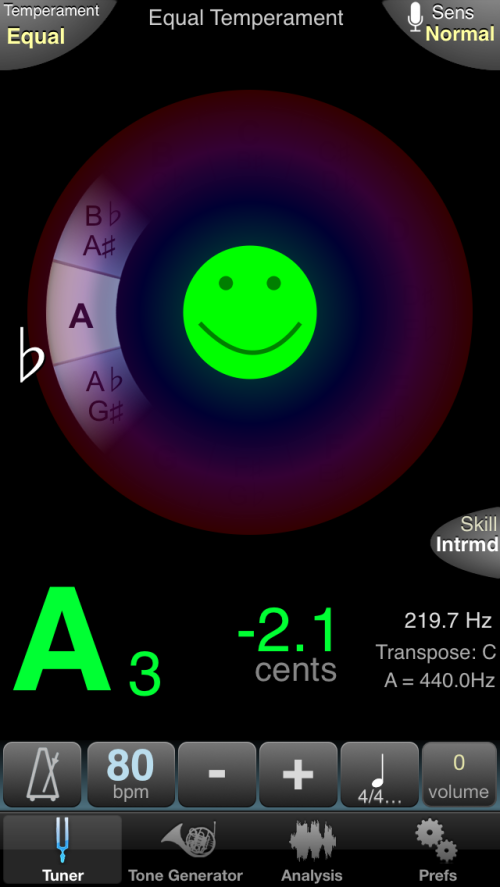My senior year at Northwestern University, my tuba professor, Rex Martin, gave the studio a handout he had written titled "A More Natural Intonation." This article is packed full of really useful tips for playing in tune. I'm really glad that I still have it laying around over 15 years later. There's enough great stuff in this article that I'll break it up into three posts.
"It is counterproductive to think in terms of intervals being lipped up or down. If we do so, we are reacting to something we have already done wrong and are trying to fix it, instead of simply hearing what to sound like beforehand. It is important to imagine the sound as a specific quality of tone, not simply a pitch. If we hear the sound in our head as we play, our instrument will resonate those pitches and produce that tone, as long as we have the correct valve combination or slide position."
- Rex Martin
The above passage underscores the importance of clearly hearing exactly what you are trying to sound like in your head while you are playing. When working off of a clear mental image, absolutely every aspect of your playing is taken care of. Articulation, tone quality, musicality, note endings, and yes, intonation.
More often than not, when you are playing a note out of tune it is with a less than ideal tone quality. This is why imagining a specific quality of tone in our heads is very important. You can be blowing a pitch sharp on a brass instrument that is the proper length while either lipping it down or pulling a slide to make it in tune. While it is certainly possible to play a note in tune in this scenario it is not possible to do so with a good sound. Imagining the note in your head with a great tone in the first place would have fixed this scenario immediately.
Hearing the sound you are striving for in your head goes for brass, woodwind, percussion, strings, vocalists, everyone. All of the greats hear a world class version of what they are performing in their heads as they play or sing and everything else, intonation included, takes care of itself.


